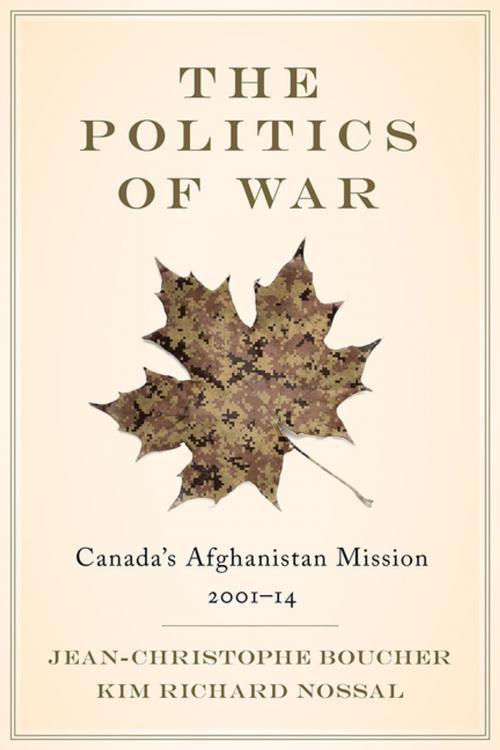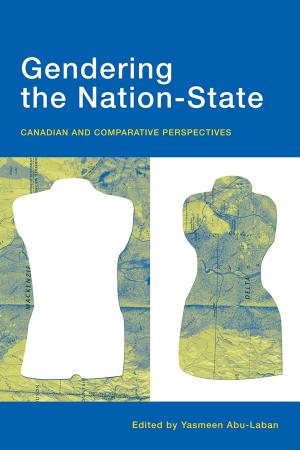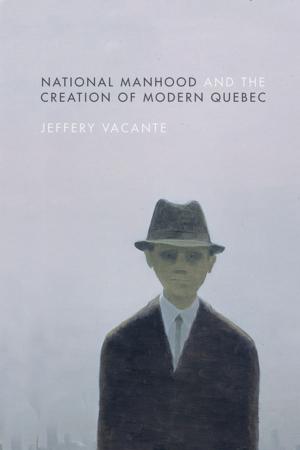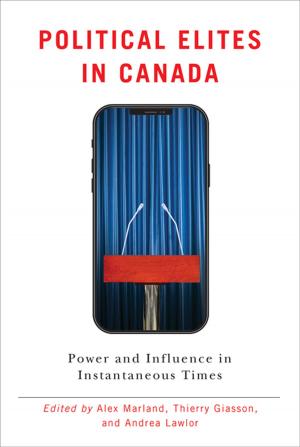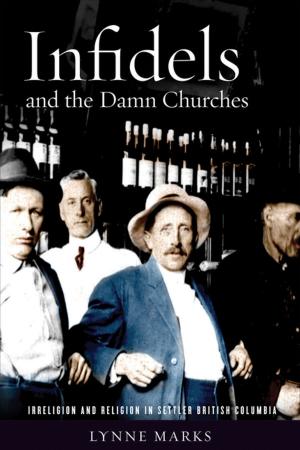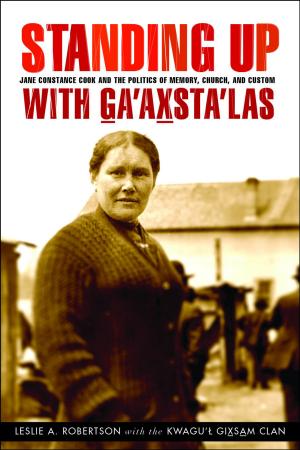The Politics of War
Canada’s Afghanistan Mission, 2001–14
Nonfiction, Social & Cultural Studies, Political Science, International| Author: | Jean-Christophe Boucher, Kim Richard Nossal | ISBN: | 9780774836302 |
| Publisher: | UBC Press | Publication: | October 15, 2017 |
| Imprint: | UBC Press | Language: | English |
| Author: | Jean-Christophe Boucher, Kim Richard Nossal |
| ISBN: | 9780774836302 |
| Publisher: | UBC Press |
| Publication: | October 15, 2017 |
| Imprint: | UBC Press |
| Language: | English |
When the Canadian government committed forces to join the American-led military mission in Afghanistan following the terrorist attacks of September 11, 2001, little did Canadians – or the government itself – foresee that this decision would involve Canada in a war-riven country for over a decade. The Politics of War explores how, as the mission became increasingly unpopular, Canadian politicians across the political spectrum began to use it to score political points against their opponents. This was “politics” with a vengeance.
Through historical analysis of the public record and interviews with officials, Jean-Christophe Boucher and Kim Richard Nossal show how the Canadian government sought to frame the engagement in Afghanistan as a “mission” rather than what it was – a war. They examine the efforts of successive governments to convince Canadians of the rightness of Canada’s engagement in Afghanistan, the parliamentary politics that resulted from the increasing politicization of the mission, and the impact of public opinion on Canada’s engagement. They argue that the direction, duration, and nature of Canada’s contribution to international stabilization efforts in Afghanistan were largely determined by domestic, politically motivated factors rather than by what was happening in Afghanistan itself.
This contribution to the field of Canadian foreign policy analyzes the impact of political elites, Parliament, and public opinion on the mission and demonstrates how much of Canada’s long war in Afghanistan was shaped by the vagaries of domestic politics and political gamesmanship.
When the Canadian government committed forces to join the American-led military mission in Afghanistan following the terrorist attacks of September 11, 2001, little did Canadians – or the government itself – foresee that this decision would involve Canada in a war-riven country for over a decade. The Politics of War explores how, as the mission became increasingly unpopular, Canadian politicians across the political spectrum began to use it to score political points against their opponents. This was “politics” with a vengeance.
Through historical analysis of the public record and interviews with officials, Jean-Christophe Boucher and Kim Richard Nossal show how the Canadian government sought to frame the engagement in Afghanistan as a “mission” rather than what it was – a war. They examine the efforts of successive governments to convince Canadians of the rightness of Canada’s engagement in Afghanistan, the parliamentary politics that resulted from the increasing politicization of the mission, and the impact of public opinion on Canada’s engagement. They argue that the direction, duration, and nature of Canada’s contribution to international stabilization efforts in Afghanistan were largely determined by domestic, politically motivated factors rather than by what was happening in Afghanistan itself.
This contribution to the field of Canadian foreign policy analyzes the impact of political elites, Parliament, and public opinion on the mission and demonstrates how much of Canada’s long war in Afghanistan was shaped by the vagaries of domestic politics and political gamesmanship.
